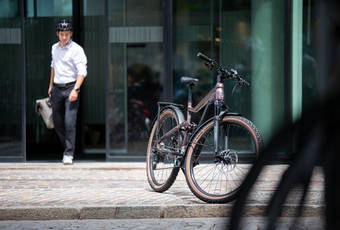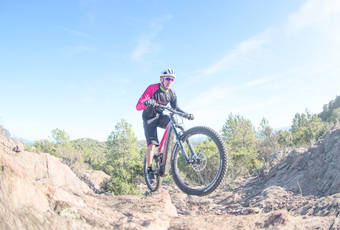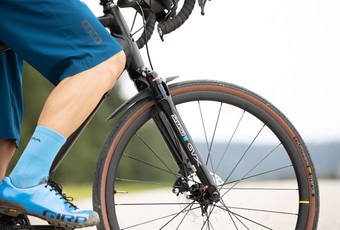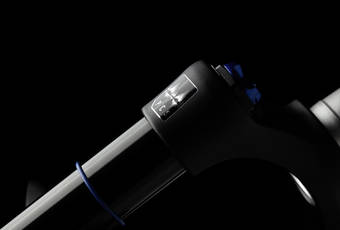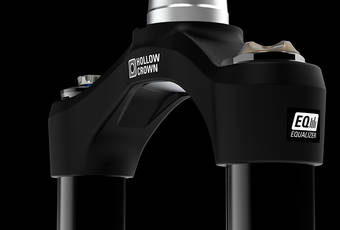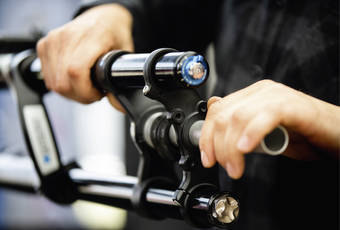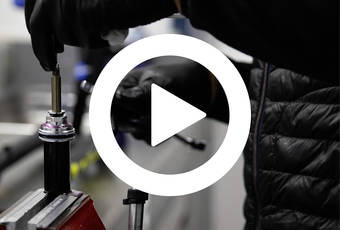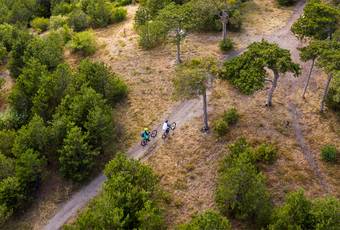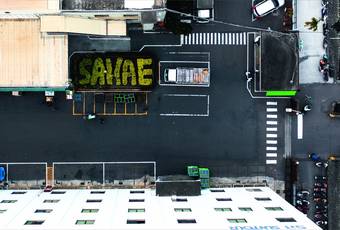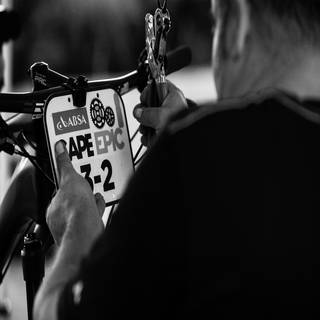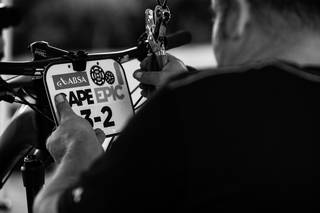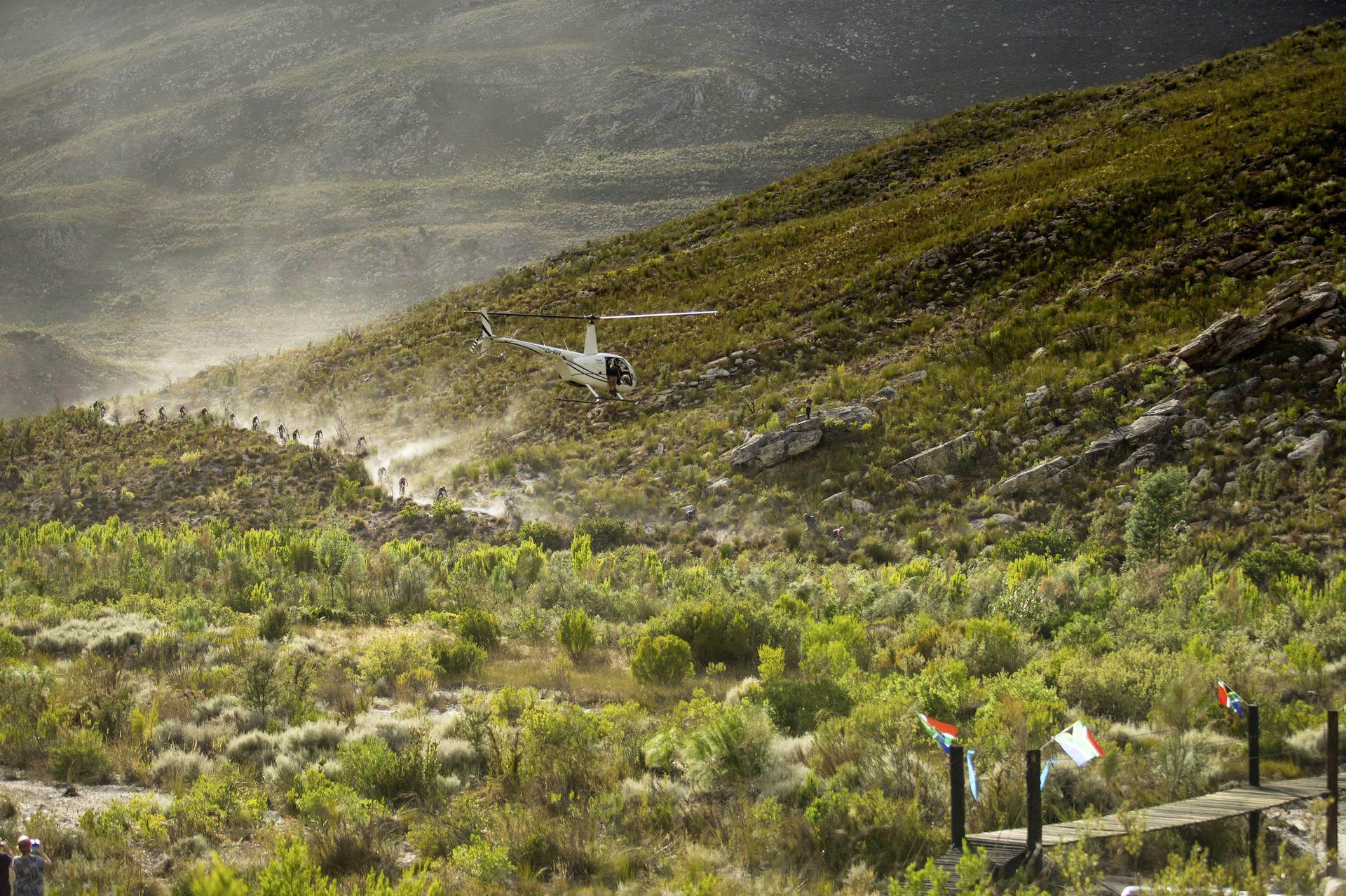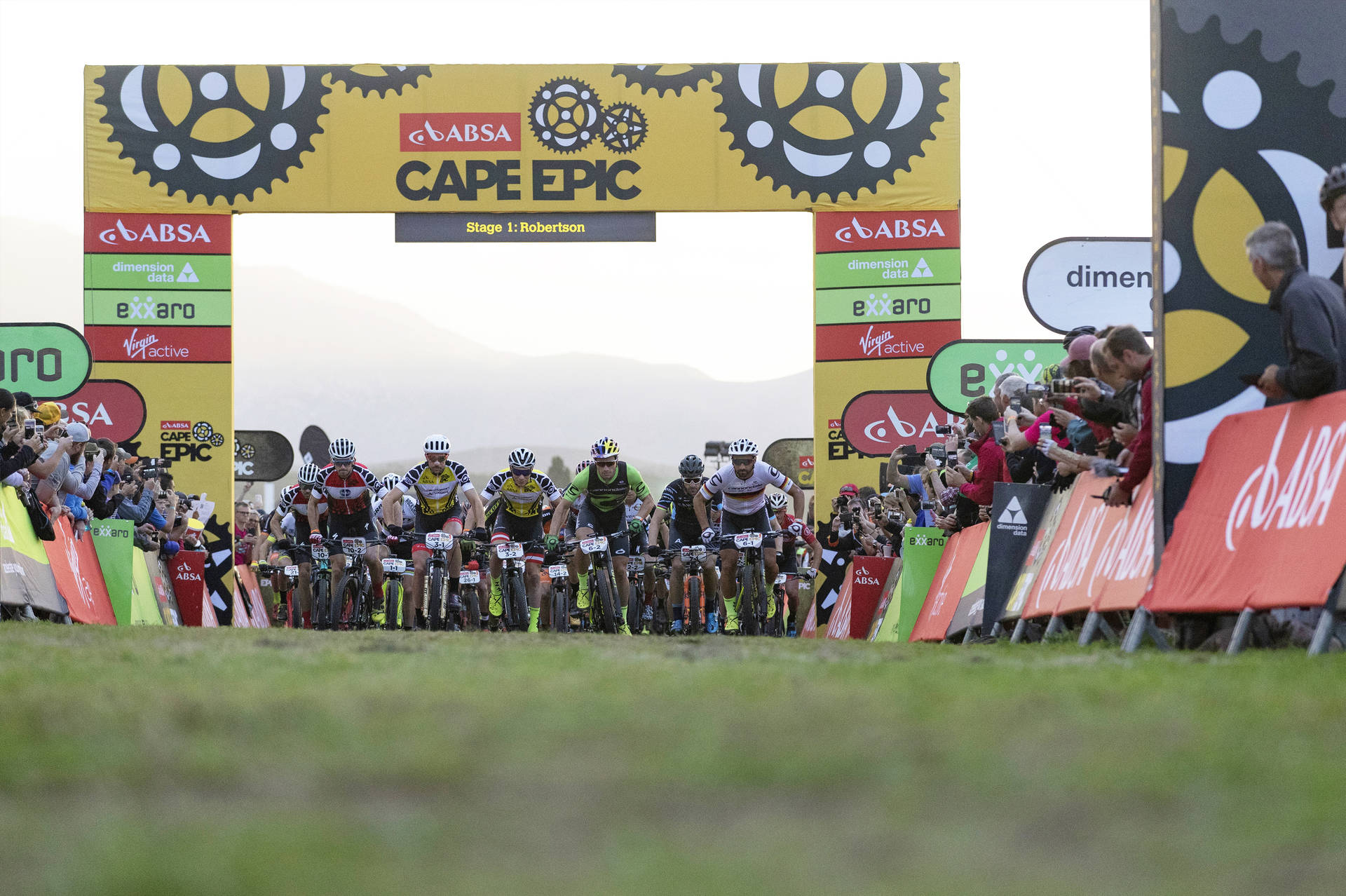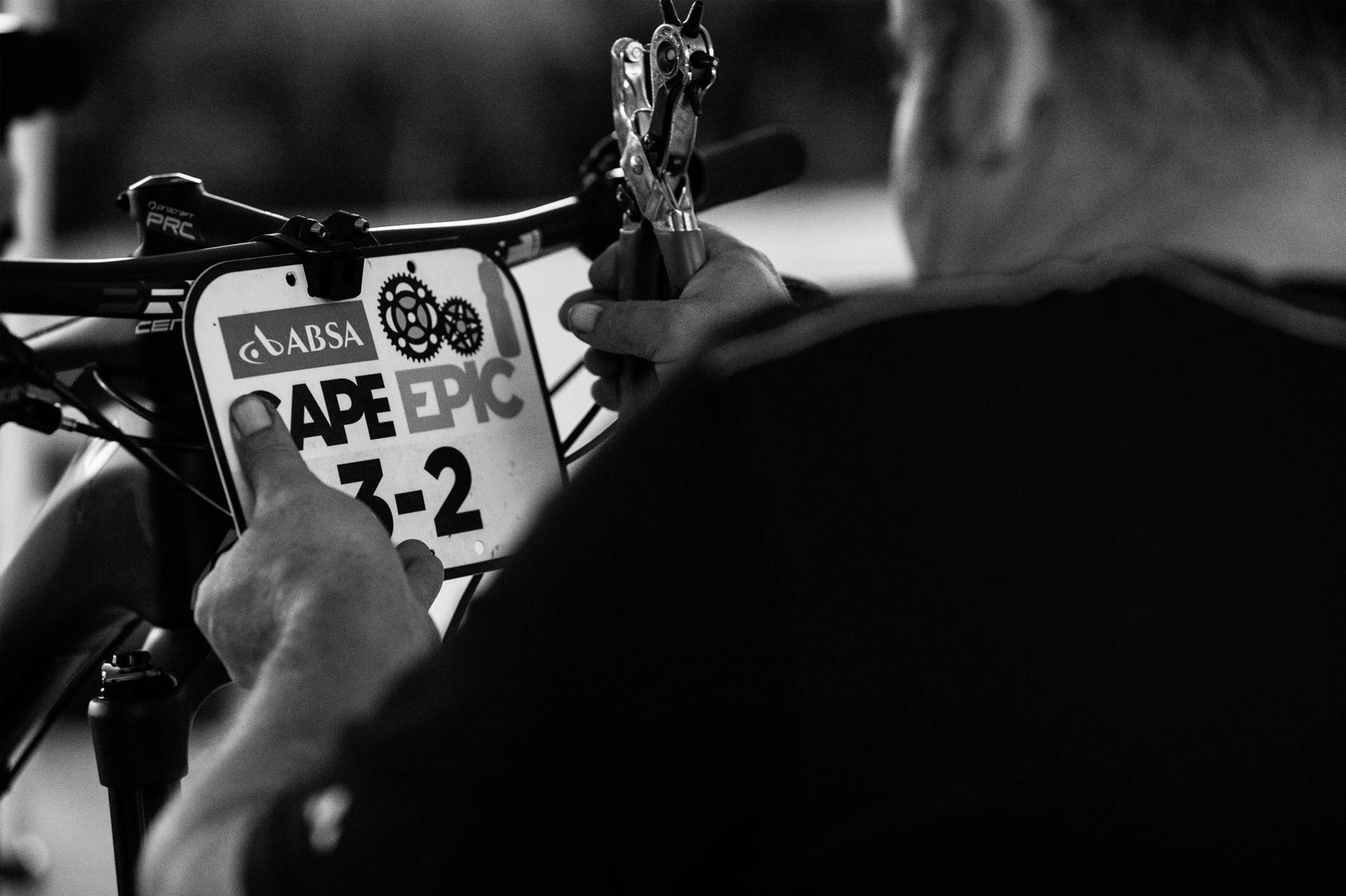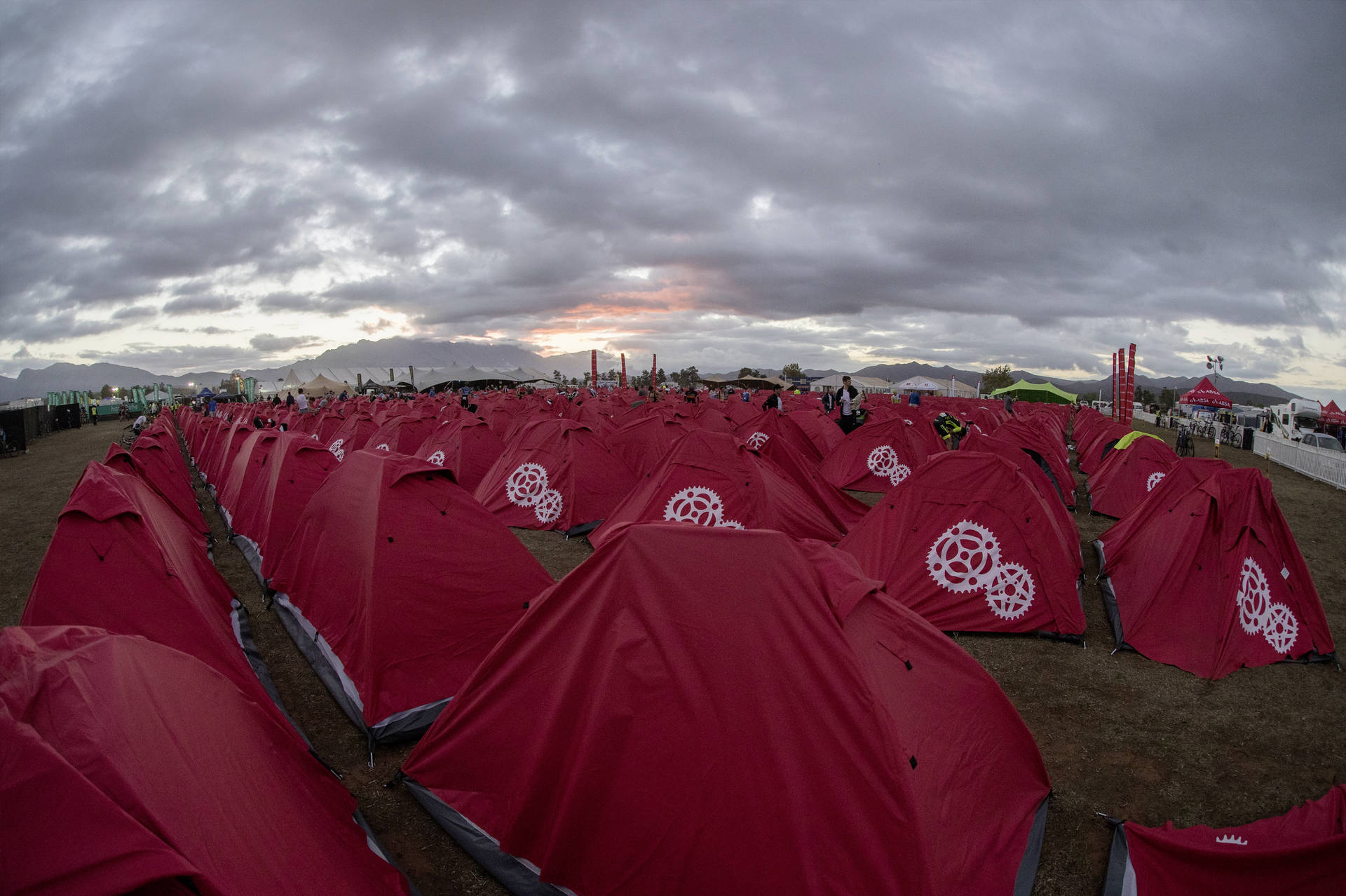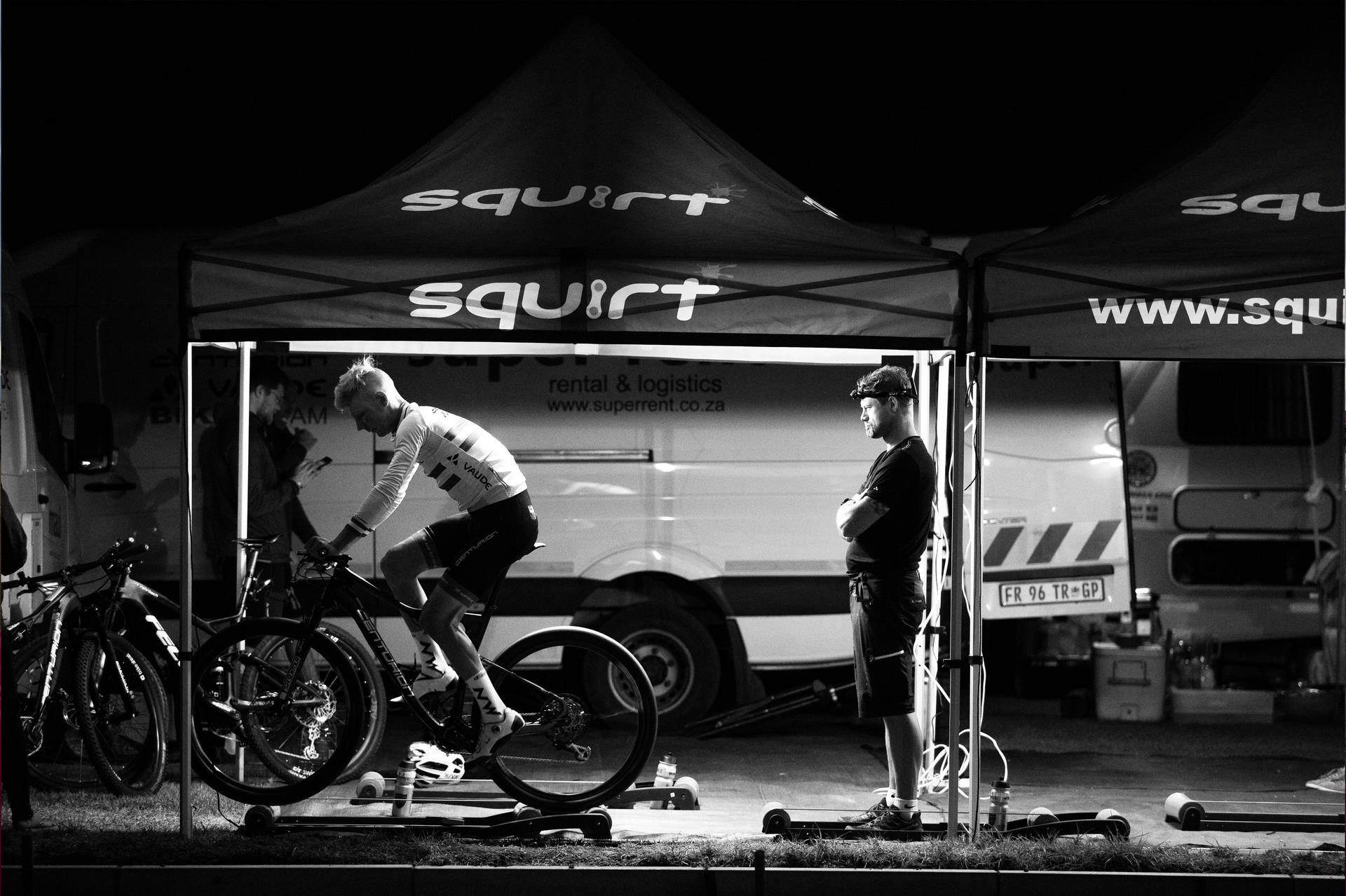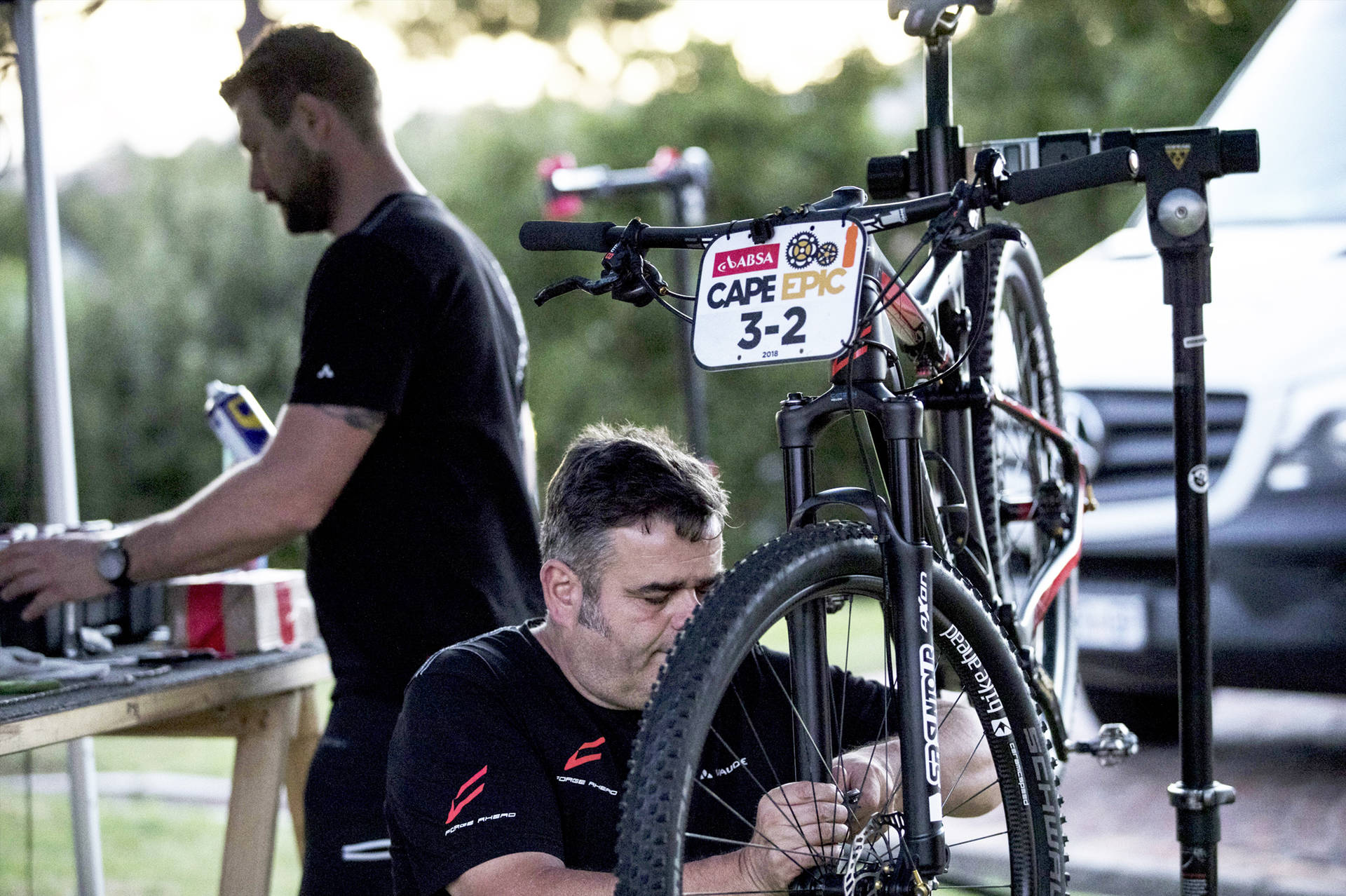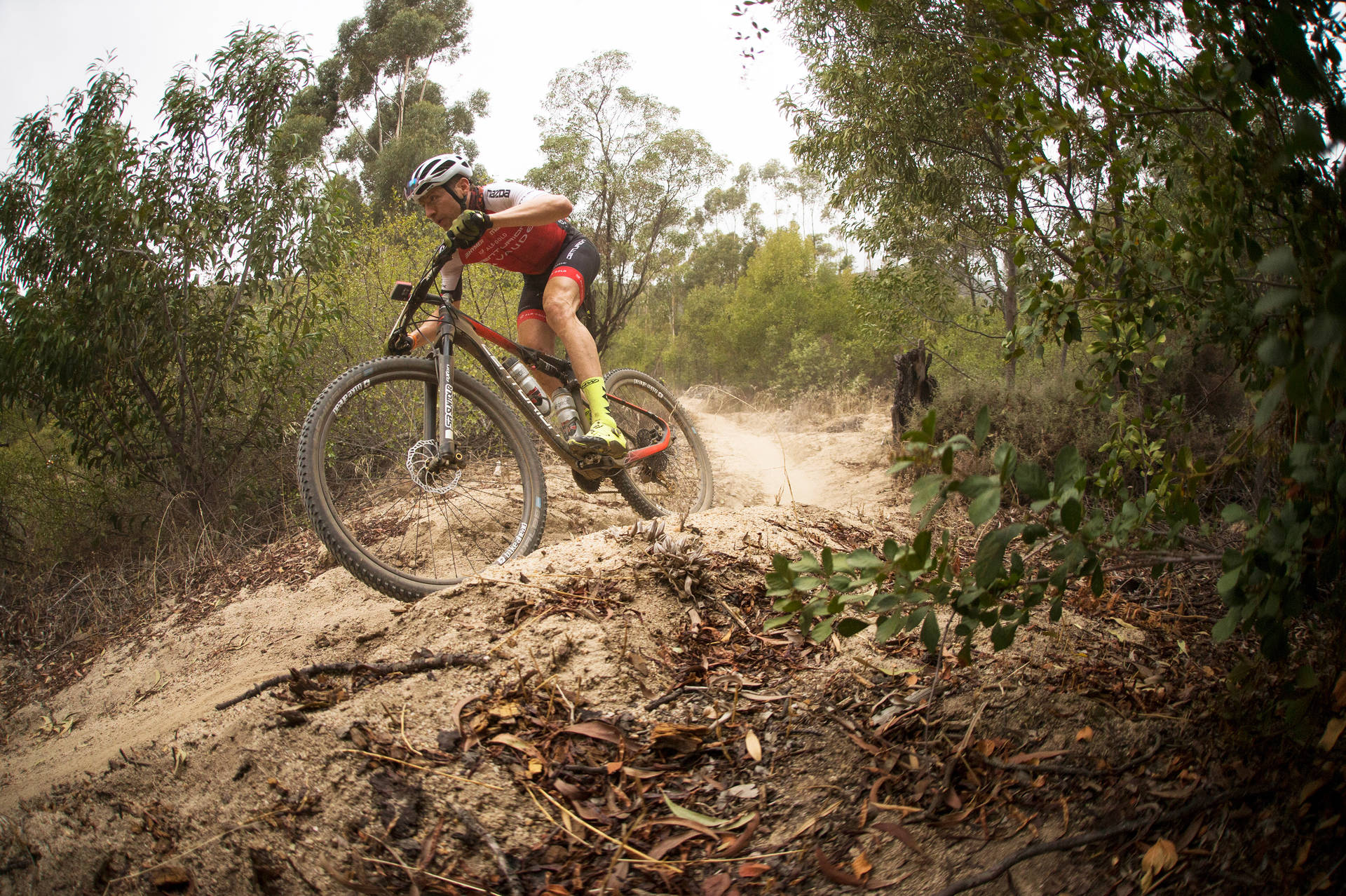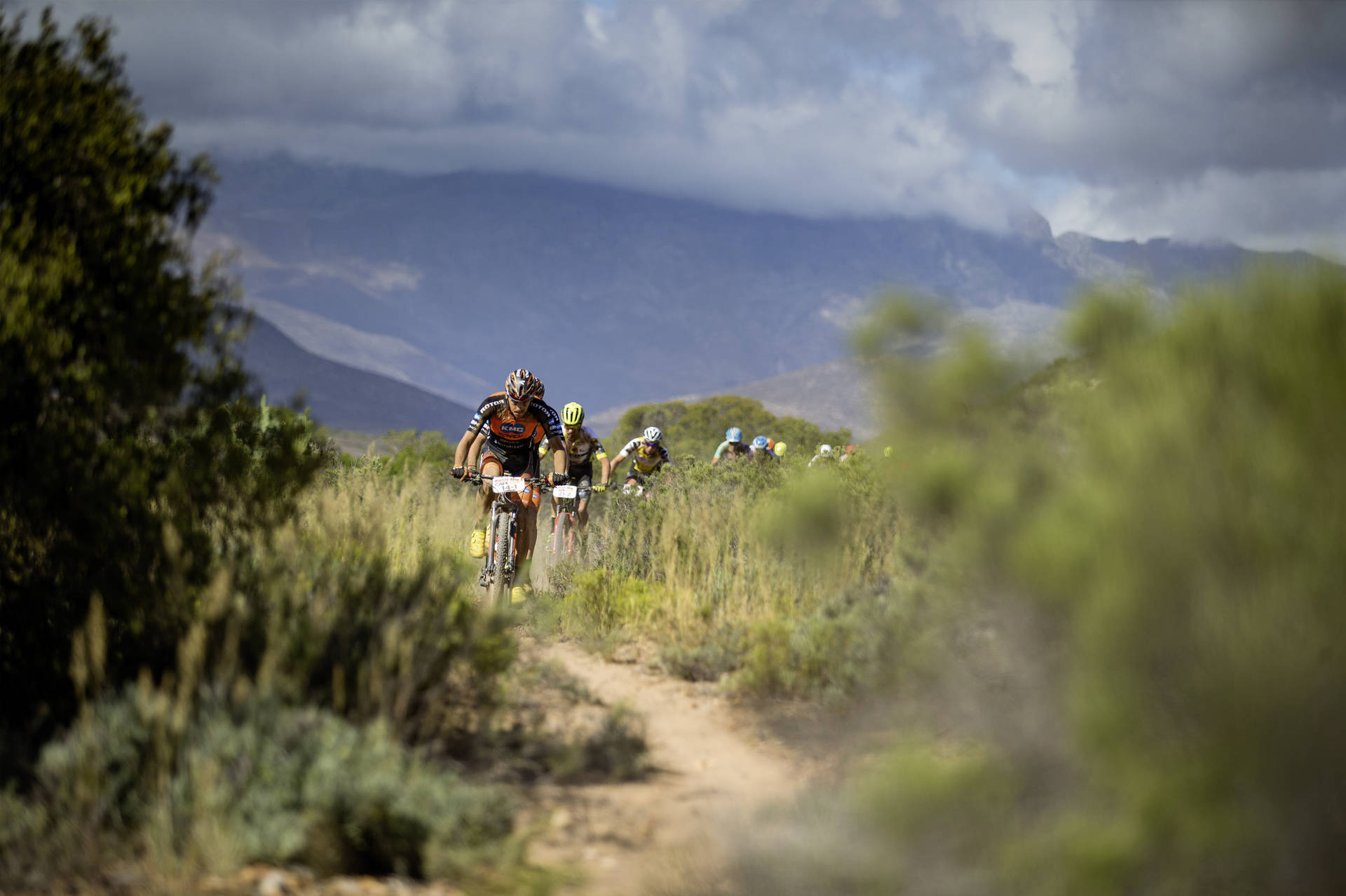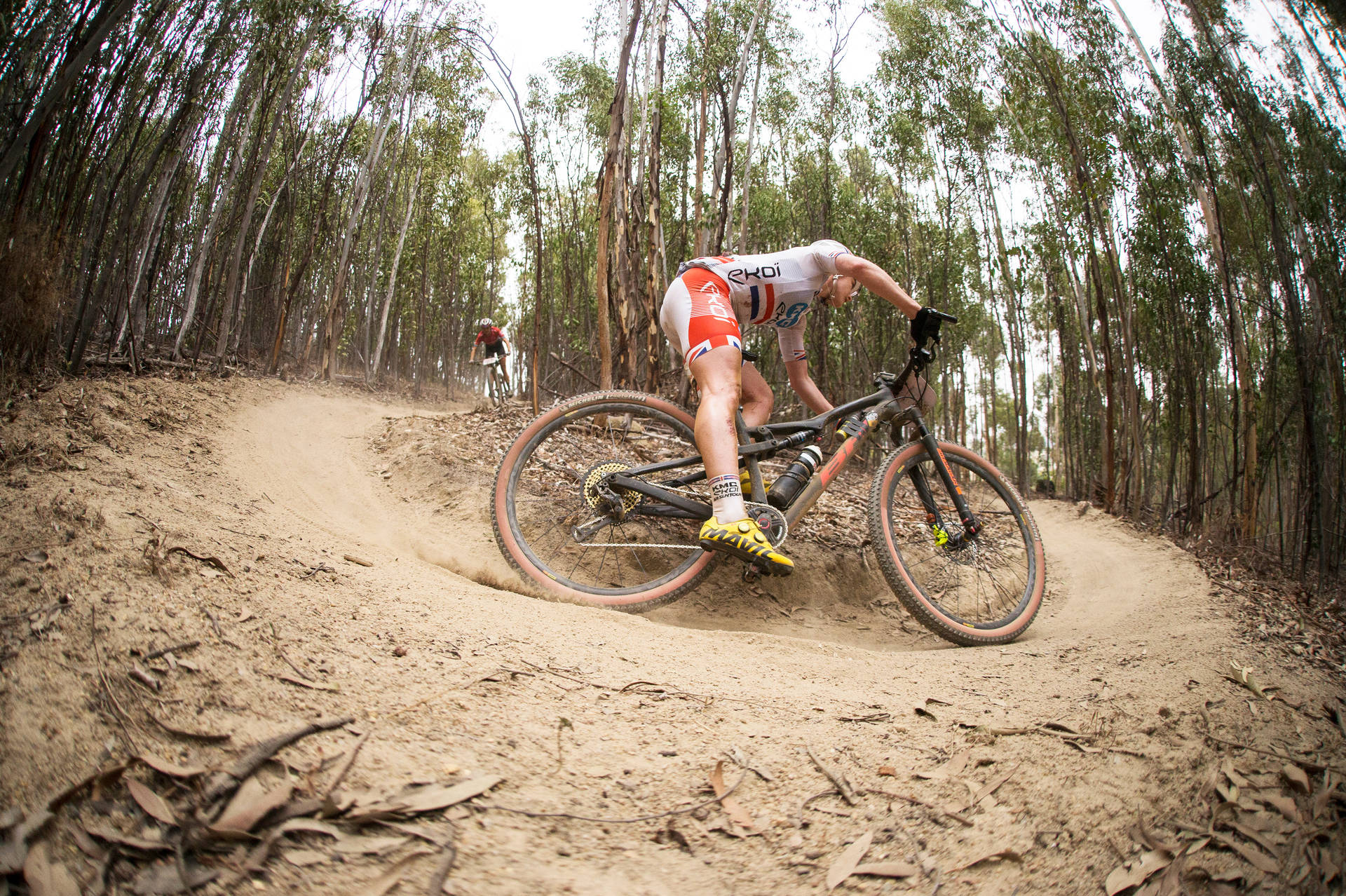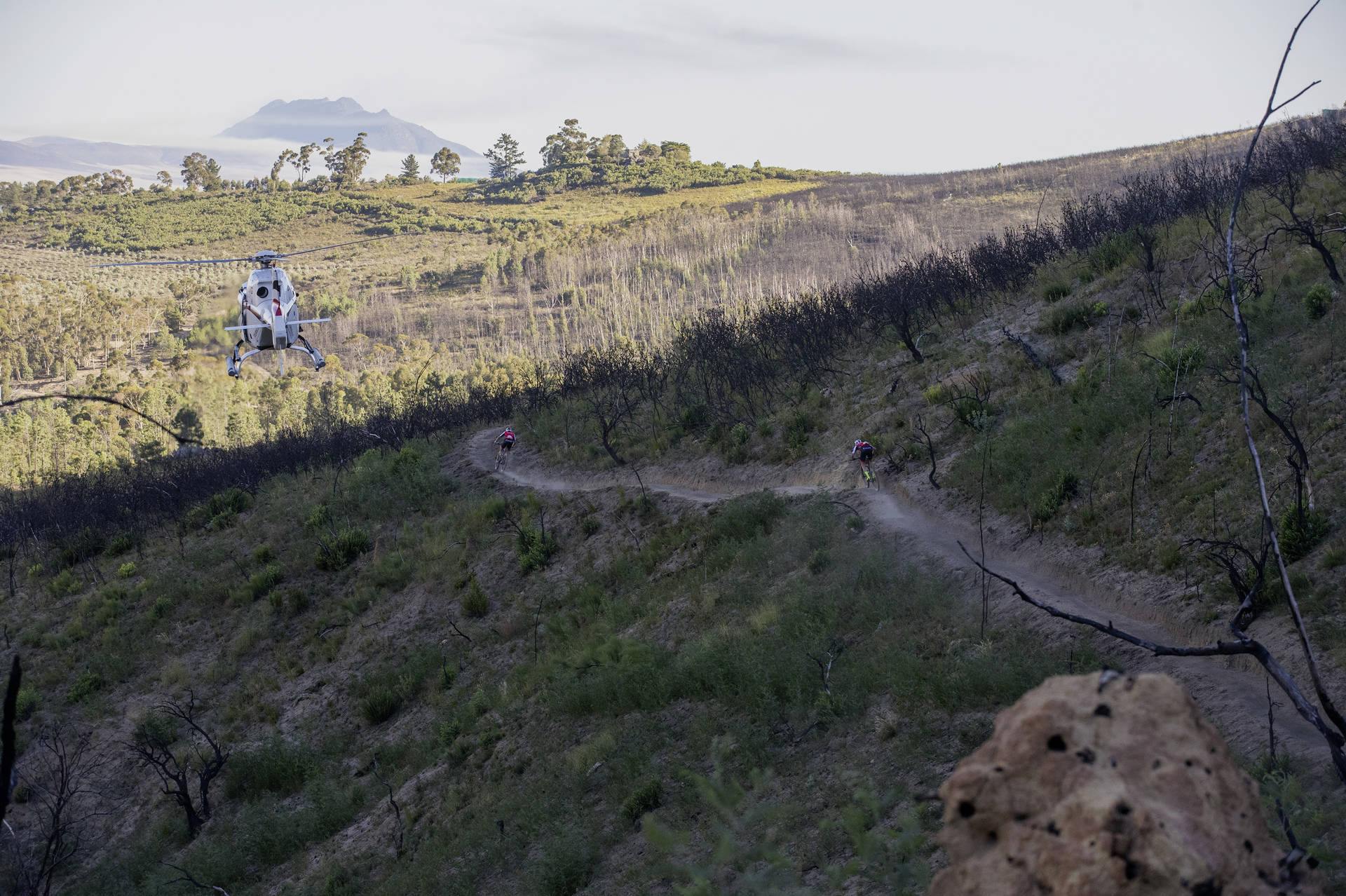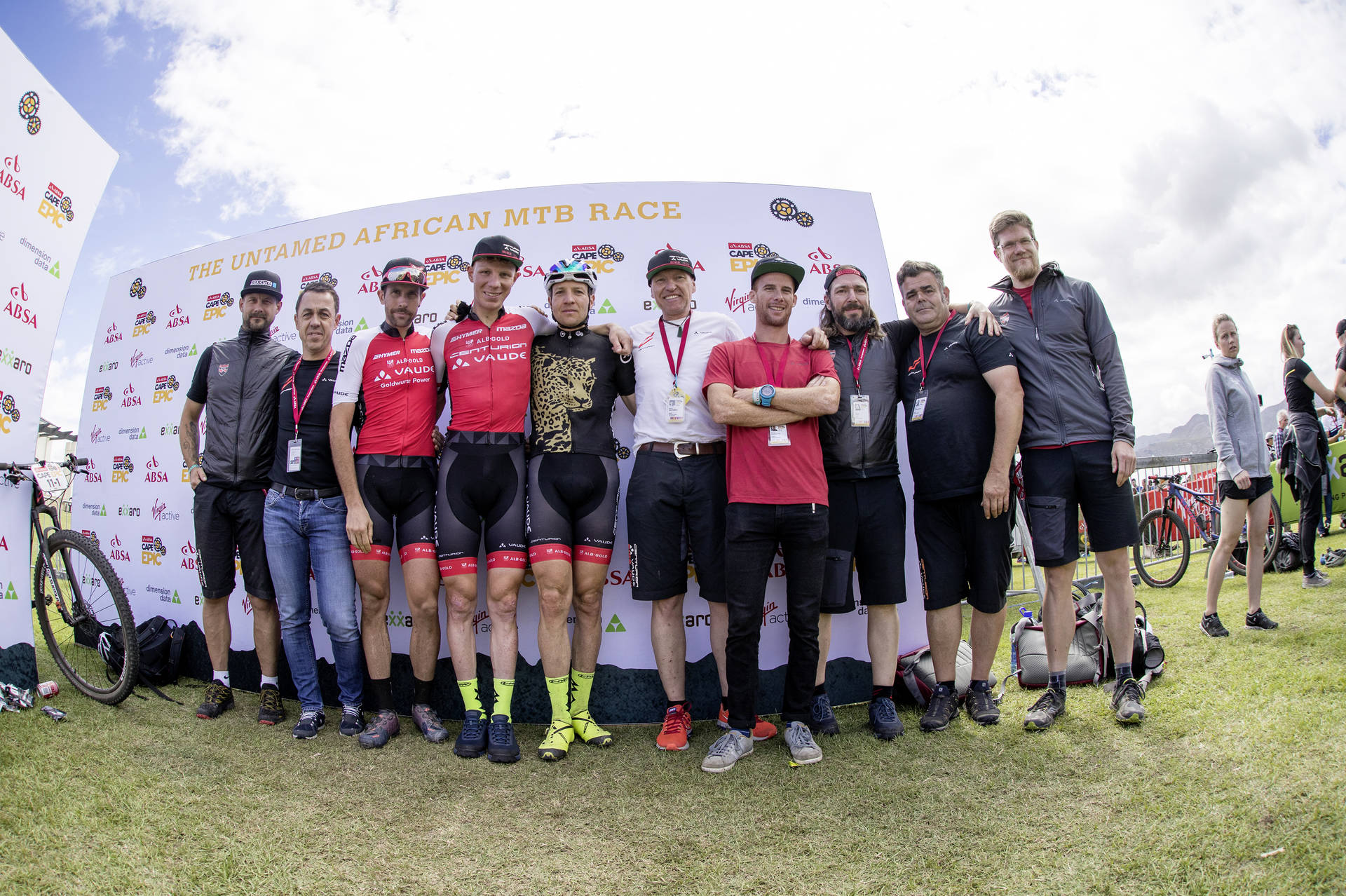To our customers: please note that there are fake NCX seatposts out there in the market.
Read our counterfeit product announcement for more information.
- Products
-
Technologies
-
RC+ CartridgeRide bold!
-
EQ EQUALIZER™ SYSTEMFor precise & effortless tuning
-
PCS SYSTEMMore traction, control and consistency
-
ATS E-BIKE SYSTEMYour driving force
-
Q-LOC SYSTEMThru axle quick release
-
LIGHTWEIGHT CROWN TECHNOLOGYHollow & Carbon crown
-
QSP QUICK SERVICE PRODUCTRide more, wrench less.
-
-
Service
- Company
-
Stories
-
News
- Contact
-
Shop
You are now entering the online shop of SR SUNTOUR North America.
Enter the shopI am aware that extra costs such as shipping, import duties can occur and that delivery times can be longer than mentioned in the terms and conditions of the SR SUNTOUR USA Webshop.

